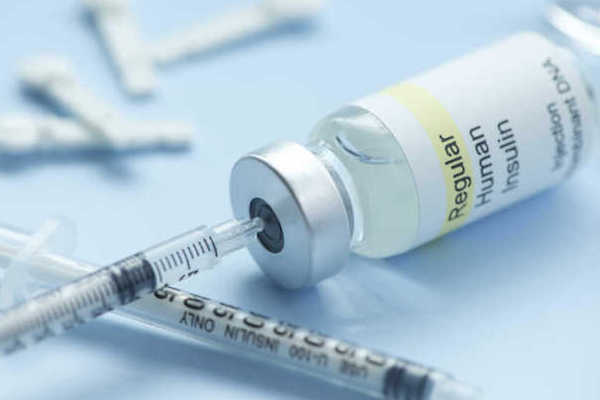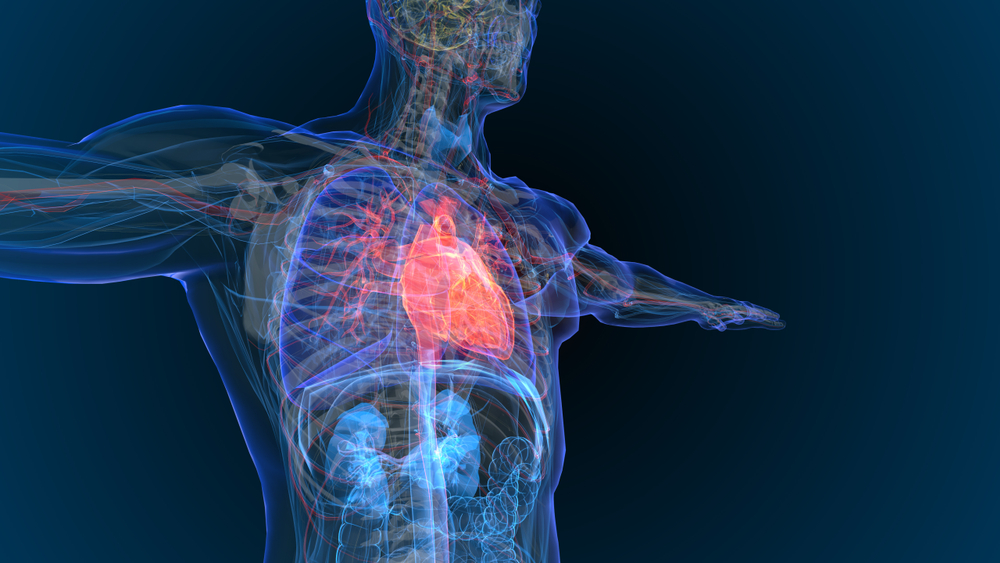A study shows that obese elderly patients affected with heart disease can benefit from a brief, in-hospital rehabilitation program. The findings were published in Frontiers in Cardiovascular Medicine.
Researchers retrospectively assessed 772 consecutive obese white subjects (35.6% women) aged 70 years and older and affected with coronary artery disease (CAD) and/or heart failure (HF) who were referred to hospital between 2002 to 2019 to undergo a short program of in-hospital comprehensive rehabilitation. The average length of stay was 26 days, and all patients provided written consent prior to receiving a stress test and participating in the program. Also, all patients in the program were in clinically stable condition, meaning that exclusion criteria prohibited any patients who suffered acute events in the previous month.
CAD was defined in this study as prior myocardial infarction, coronary angioplasty, or coronary artery by-pass, while HF was defined as an ejection fraction (EF) <40% and/or symptoms (breathlessness, ankle swelling, and/or fatigue).
The Program
The patients were interviewed by an experienced physical trainer who tailored an activity program for them; the intensity of the program was determined by a baseline fitness test. The program comprised of daily sessions six days week of aerobic activity, including 30-min sessions of cyclo- or arm-ergometer and walking at low speed for approximately 45 mins.
Patients also performed moderate strength exercises consisting of postural exercises and various free-body exercises. Patients were monitored for heart rate (HR) and arrhythmias during activity, and if their HR remained within normal parameters, their workload was gradually increased.
Moreover, each patient was assigned a diet by a specialist, and their caloric intake was set at about 90% of resting energy expenditure (REE). Periodically, the diet was checked and adapted as needed based on weight loss and the patient’s physical condition. Lastly, the program consisted of psychological evaluation, counseling, and support, as needed, and weekly educational meetings.
Results Show the Benefits of Diet & Exercise
According to the results, the mean body mass index (BMI) at baseline was 37.6 ± 4.4 kg/m2 and that dropped to 36.4 ± 4.3 kg/m2 (P < 0.001) post-program. Also at baseline, attained metabolic equivalents (METs) were 4.7 ± 1.7, and by the end of the program, they decreased to 5.6 ± 2.1 (P<0.001). The researchers observed that the improvement was 21.6 ± 21.7% (median, 17.6%; 95% CI, 20.0–23.1%).
More encouragingly, the study showed that older patients (over 80 years old) had similar results compared to the younger ones, however, diabetics fared worse. The presence of heart failure was significantly related to both the baseline and final performance, but the attained improvement was significantly greater in heart failure patients, the researchers noted.
New Research: Beneficial Effect on Exercise Tolerance of a Comprehensive Rehabilitation Program in Elderly Obese Patients Affected With Heart Disease: Aims: The number of elderly patients affected with multiple chronic diseases is… https://t.co/4mhkHg5oEr #cardiovascular
— Frontiers in Cardiovascular Medicine (@FrontCVMedicine) June 8, 2021
In conclusion, the researchers wrote that “Our study attests to a significant improvement in exercise capacity in elderly obese patients affected with heart disease who underwent a short rehabilitation program. No patient experienced any adverse event that could be related to the activity program.”
Credit: Original article published here.









